Nuclear Energy and Its Deep State Discontents: Why Solar and Wind Are The Future
How to think seriously about solar and wind power

“The former Saudi oil minister, Sheik Ahmed Zaki Yamani, once warned his OPEC colleagues something Putin should remember: ‘The Stone Age didn’t end because we ran out of stones.’ It ended because we invented bronze tools, which were more productive.” — Thomas Friedman, New York Times, March 27, 2014
If you were paying attention, you might have noticed a quick aside from Peter Thiel in his recent discussion with Peter Robinson of the Hoover Institution. Robinson was a former speechwriter for Reagan and the conversation took place on October 19, 2022.
“There’s something about science and technology that is very dangerous, that feels somewhat like a trap where so many of these technologies have sort of a very dark, violent, even apocalyptic dimension. The paradigmatic example are probably nuclear weapons where progress didn’t stop immediately after 1945 but it was some kind of delayed quarter century reaction in say 1970 people woke up one day and said, we could blow the whole world up twenty times over… ”
Thiel continued that shuttering the civilian nuclear reactors was the “dumbest move ever” and that “it’s not so easy to separate the civilian from military uses.”
I submit to you that billionaire Thiel, son of Klaus Thiel, nuclear engineer, knows of what he speaks when it comes to nuclear energy, mining, and nuclear weapons.
I’ve never been as pessimistic as Peter — I really don’t find his great stagnation thesis that compelling — and I do somewhat wonder sometimes if a lot of his pessimism is really just a reflection of how increasingly bad Founders Fund is at finding the next great companies and whether or not their model even works in a higher interest rate environment. Historically Peter hasn’t always been the best predictor when it comes to the energy markets. He once predicted that we had approached peak oil—a move which purportedly caused his hedge fund to blow up.
But I do think he’s exactly right about why it is that we don’t all have miniature thorium reactors in our local neighborhoods.
Pessimism can really just be another way of excusing yourself from doing the homework. After all, why do the work if none of it really matters?
To be sure you can read a number of headlines about nuclear energy that are more or less totally wrong. You might even have noticed that there’s a lot of money pouring into nuclear fusion companies.
To make matters worse, Russia is far and away the market leader in nuclear energy. Just the past week they announced still more activity with their nuclear ice breaker ships. This nuclear prowess is well known in deep state circles.
They reason, I think, quite rightly that it makes little sense to trade oil dependency for nuclear dependency.
The downside of a nuclear reactor failure is unacceptably high — and the world is seemingly failing to secure fissile materials which can be turned into weapons-grade material. The risk from natural disasters is quite intense, too, as the Fukushima Daini Nuclear Power incident in 2011 reveals all too clearly.
My view on the history is a little different from Peter Thiel’s. The way I see it is that the oil embargo of the 1970s made Americans think strategically about how the Arab countries were increasingly blackmailing America over Middle Eastern policy. (When the Three Mile Island nuclear generating station nearly melted down they brought a lot more urgency to fixing our dependence on nuclear power too.)
The Department of Energy was founded in 1977 to help Americans reclaim their freedom and independence and to set us on a sound and sure footing. We are beginning to see the progress that that agency hath wrought everywhere.
****
America isn’t alone in trying to change its dependence on oil.
Once again, we can turn to AUKUS for inspiration and direction.
I didn’t feel, for instance, as if I really understood Australia’s critical role in the climate tech economy until I saw the sheer scale of the operating mines and major deposits. You better believe that China looks upon Australia hungrily and that they are doing all that they can to influence Australian politics through their surrogates, the Murdochs. (That’s what the lawsuit betwixt the Murdochs and Crikey is really all about but we shall discuss that another time.) The “lucky country” may ultimately be proved to be anything but.
We might also learn quite a bit from studying the British experience, memorably chronicled by James Marriott and Terry Macalister in their 2021 book, Crude Britannia: How Oil Shaped a Nation.
Increasingly The British Labour Party offers a different alternative to “drill, baby, drill, promising to “double onshore wind,” “triple solar power,” and “quadruple offshore wind.”
The Conservative government isn’t far behind.


The figures are increasingly interesting, especially when we consider solar.
Consider the following graphs.
I somewhat think that this period is about to really get going.
I direct you to several headlines which sparked my imagination.
“Space-based solar power could really work, experiment shows,” Space.com.
“The U.S.’s struggles to wean itself from Chinese solar power,” Wall Street Journal.
“The floating solar panels that track the Sun,” by BBC.
The numbers for electric vehicles are similarly quite attention grabbing though I do wonder how long Tesla will endure and if the whole thing might actually just be a way of overpowering our own electric grid as my friend Eric Garland notes.


It’s why I’ve invested in solar-powered car company, Aptera, which increasingly doesn’t need to plug into our grid to get charges up.
The figures of EV sales from Europe and China are somewhat interesting, though. You might wonder, as Eric and I do, if Tesla could properly be classified as a Chinese company after all.
I myself am due diligencing an offshore wind deal using new technology.
Hailing as I do from Massachusetts, I think it only fair that my home state catch up to my adopted one. Texas continues to let the wind blow!



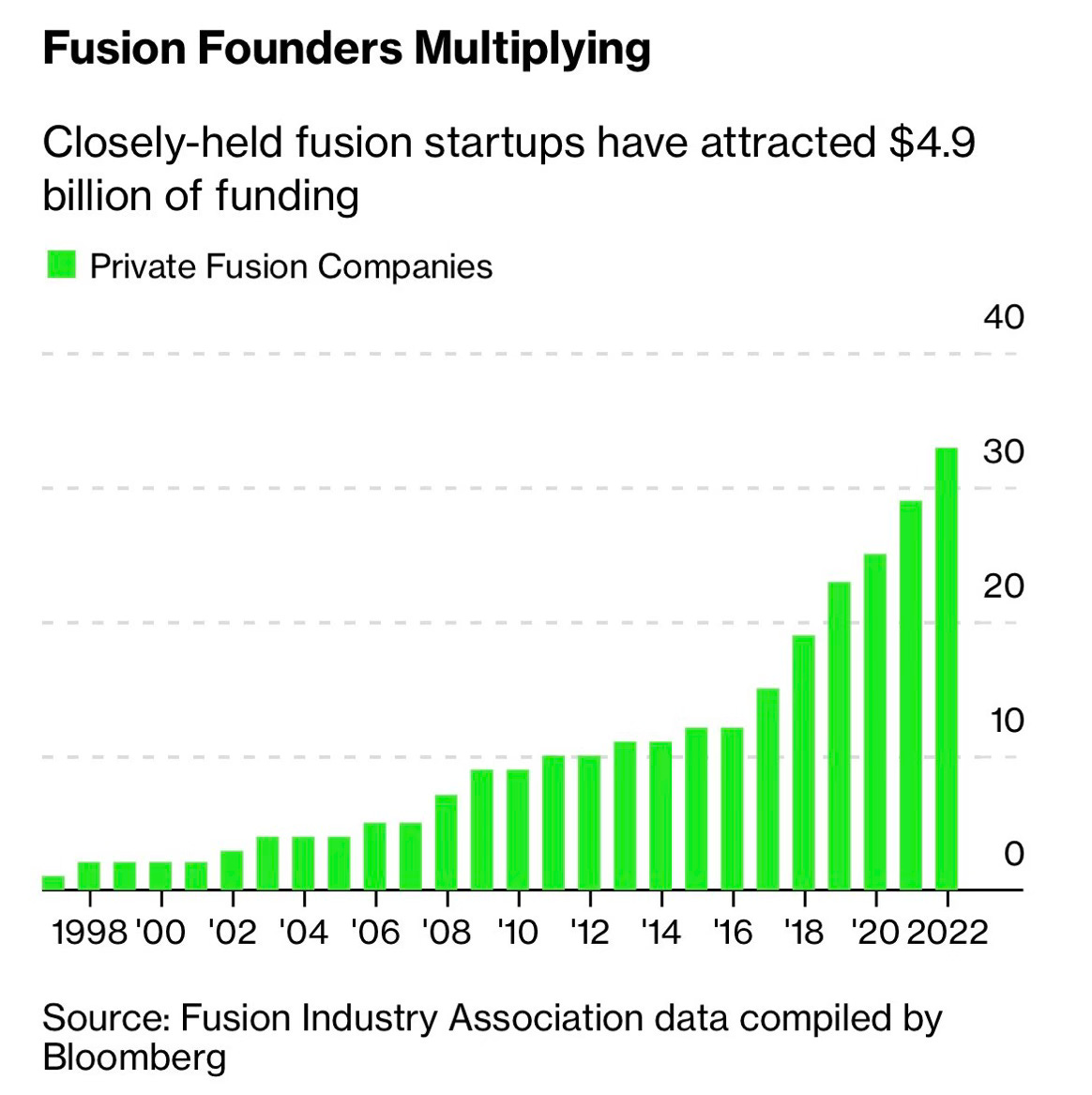


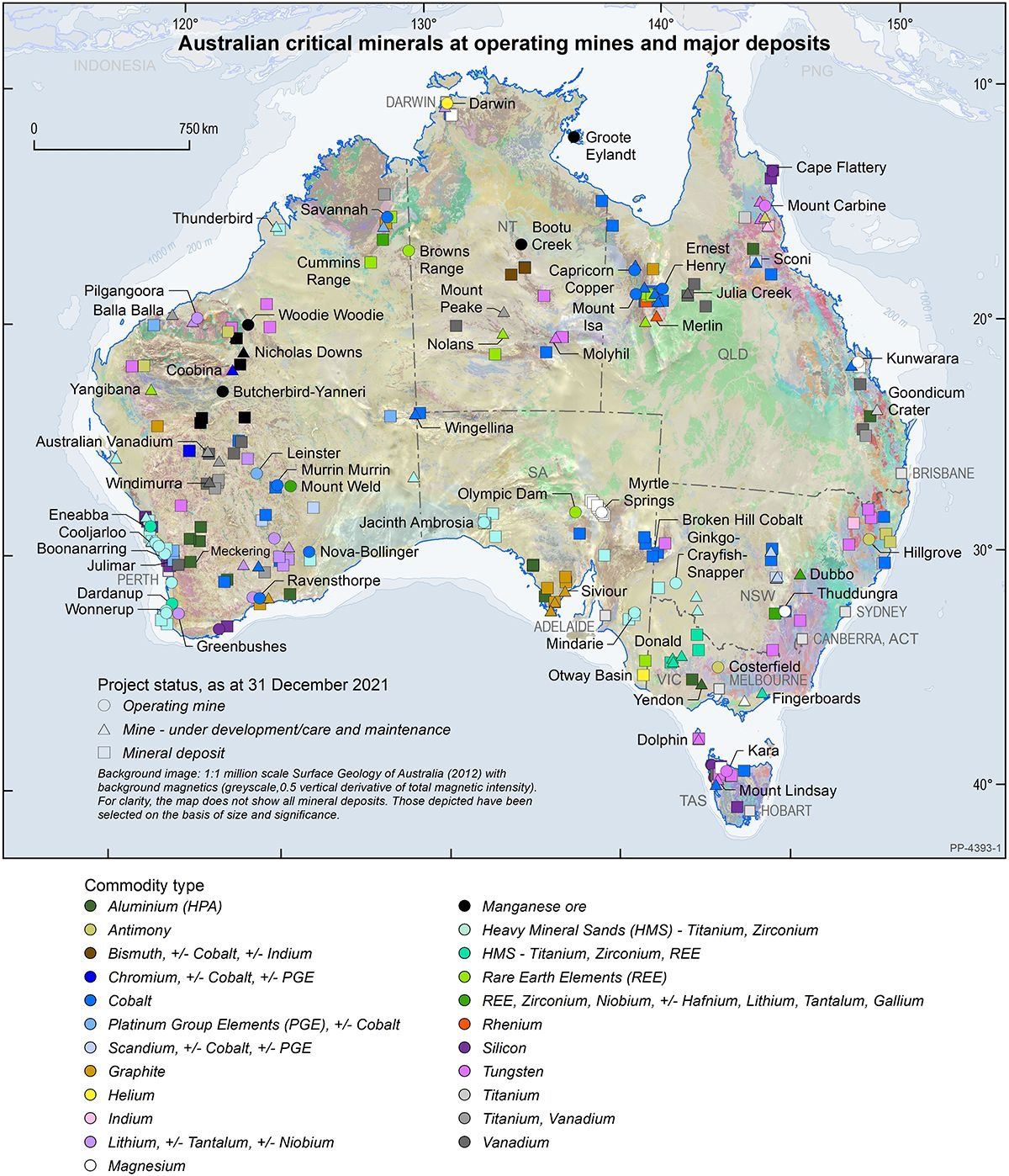
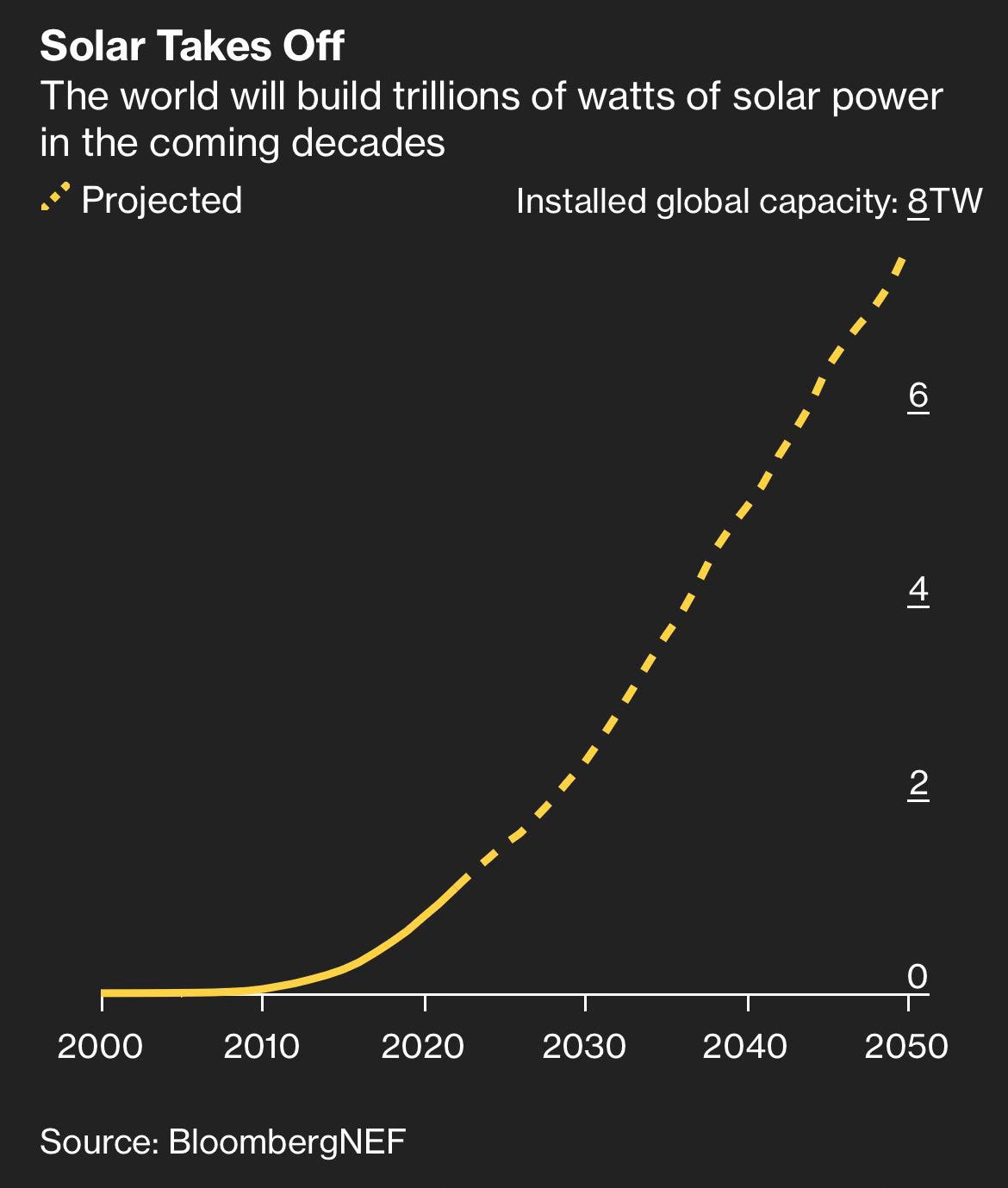

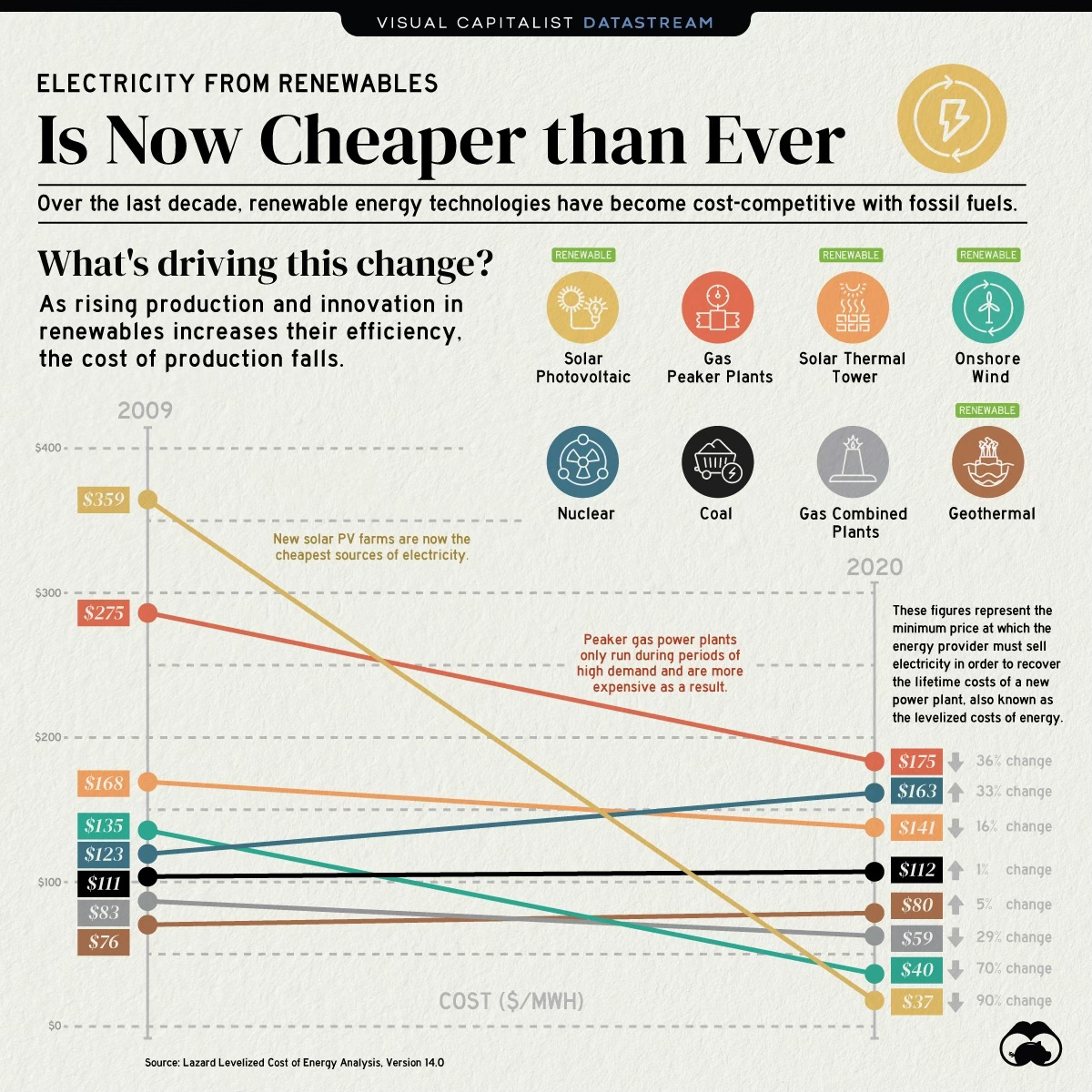
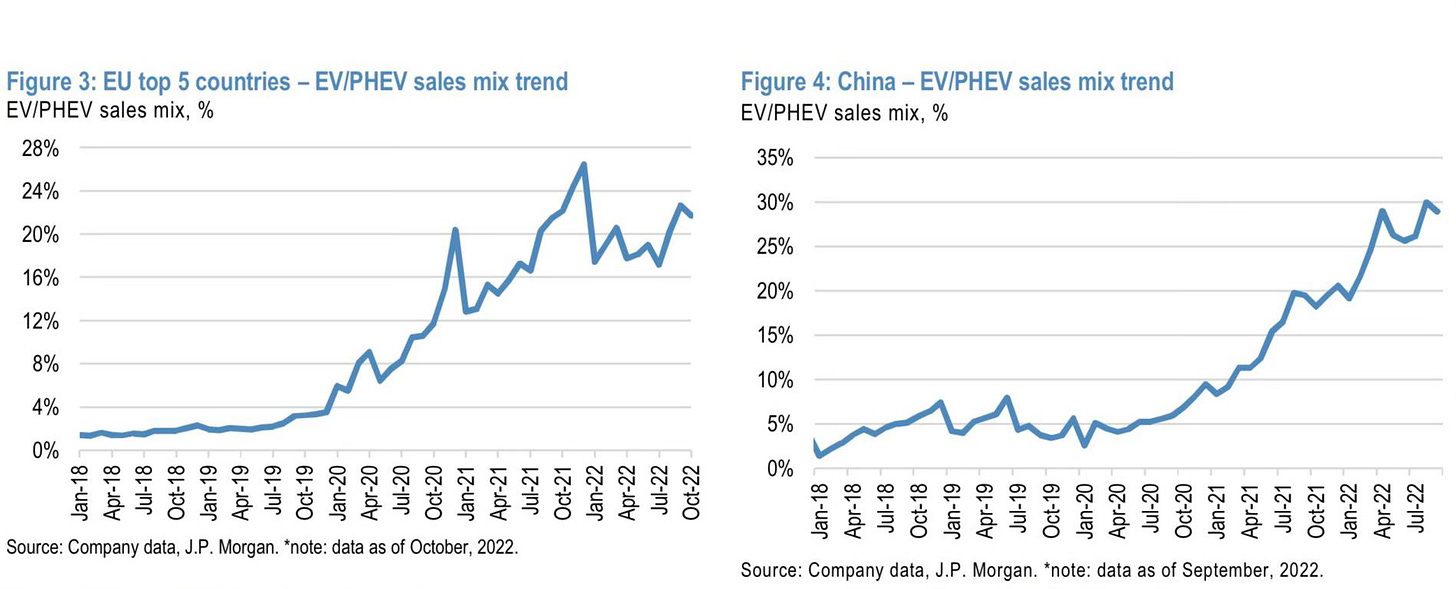

Thanks for writing a piece that helps me believe that the future will be better and brighter.